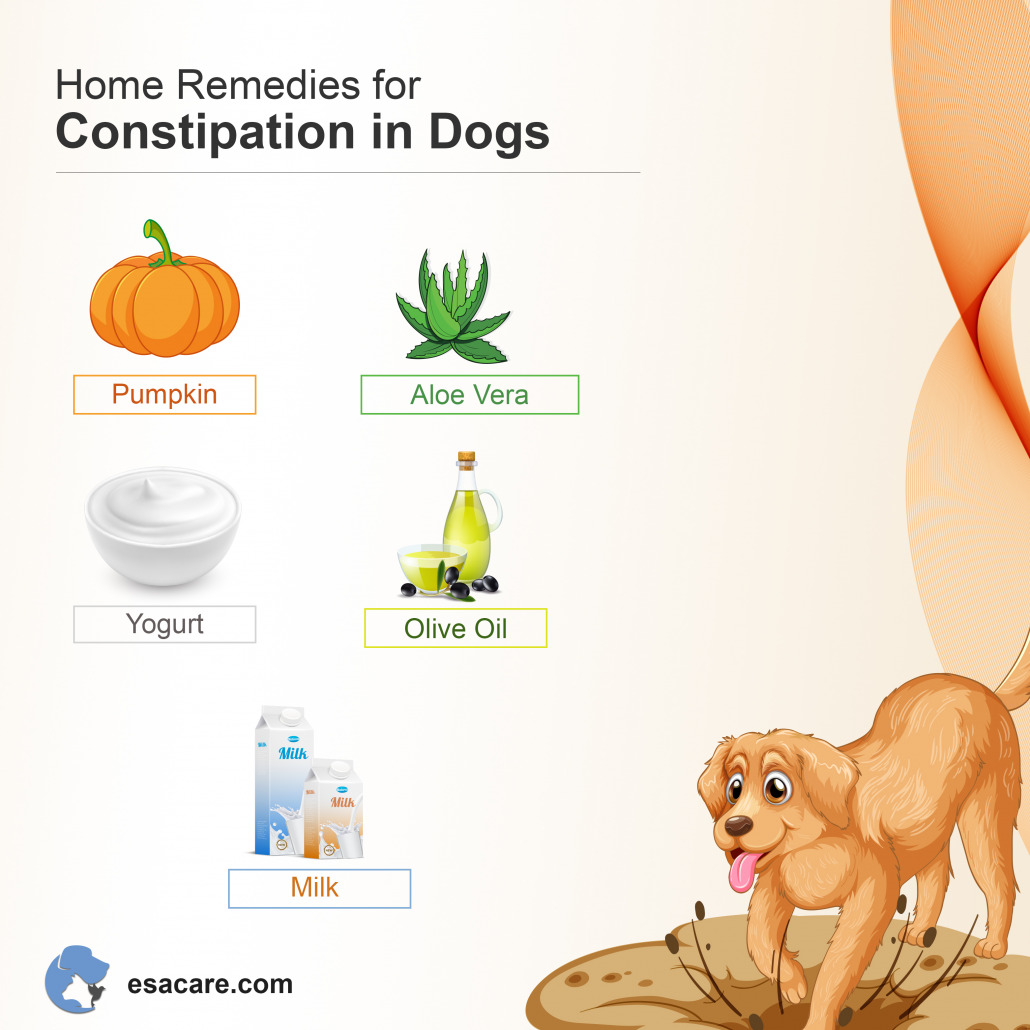How to Help a Constipated Dog: A Comprehensive Guide for Pet Owners
Introduction
Constipation is a common problem among dogs, causing them discomfort and distress. As a pet owner, it's essential to recognize the signs and symptoms of constipation and know how to effectively alleviate your dog's discomfort. This comprehensive guide will provide you with practical tips and insights on "how to help constipated dog" and restore their regular bowel movements.

Source apartmentairline8.bitbucket.io
Causes of Constipation in Dogs
Constipation occurs when feces become hard and dry, making it difficult for dogs to pass them. Several factors can contribute to constipation, including:
- Dietary changes: Sudden changes in diet, such as switching from kibble to raw food, can disrupt the digestive system and lead to constipation.
- Lack of fiber: A diet low in fiber can make feces less bulky, leading to difficulty in passing them.
- Dehydration: Insufficient water intake can result in dry, hard stools.
- Medical conditions: Certain underlying medical conditions, such as intestinal blockage, can cause constipation.
Signs and Symptoms of Constipation in Dogs
Recognizing the signs of constipation is crucial for prompt treatment. Common symptoms include:
- Straining to defecate: Dogs may spend a significant amount of time trying to pass stools, but only producing small amounts or nothing at all.
- Hard, dry stools: Feces are smaller, harder, and drier than usual.
- Infrequent bowel movements: Dogs with constipation may go several days without defecating.
- Abdominal discomfort: Dogs may experience discomfort or pain in the abdomen, leading to reluctance to move.
How to Help a Constipated Dog
If you suspect your dog is constipated, it's important to take prompt action to alleviate their discomfort. Here are several effective methods:
Dietary Modification
- Add fiber to the diet: Canned pumpkin, plain yogurt, or oatmeal can add fiber to your dog's diet, facilitating softer stools.
- Switch to a high-fiber diet: Transitioning to a high-fiber dog food specifically designed for constipation can promote regular bowel movements.
- Avoid dairy products: Some dogs are lactose intolerant, and dairy products can worsen constipation.
Hydration
- Encourage water intake: Ensure your dog has access to plenty of fresh water to keep them hydrated and prevent dry stools.
- Offer electrolyte solutions: Electrolyte solutions, such as Pedialyte, can help rehydrate dogs and soften stools.
Physical Activity
- Encourage exercise: Regular exercise can stimulate the digestive tract and promote bowel movements.
- Massage the abdomen: Gently massaging your dog's abdomen can help move stools through the digestive tract.
Veterinary Care
If home remedies do not alleviate your dog's constipation, it's essential to seek veterinary care. The veterinarian may prescribe medications, such as laxatives or stool softeners, to help ease constipation. In severe cases, surgery may be necessary to remove impacted stool.
Prevention of Constipation in Dogs
Prevention is key to maintaining your dog's digestive health. Follow these tips to prevent constipation:
- Provide a high-fiber diet: Choose dog food with adequate fiber content to ensure regular bowel movements.
- Ensure hydration: Encourage your dog to drink plenty of water throughout the day.
- Promote physical activity: Engage your dog in regular exercise to keep their digestive system functioning properly.
- Avoid sudden dietary changes: Gradually transition to new foods to prevent digestive upset.
Conclusion
Constipation in dogs can be a distressing and uncomfortable experience. By understanding the causes, signs, and remedies for constipation, you can effectively help your furry friend regain regular bowel movements and improve their overall well-being. If home treatments do not provide relief, don't hesitate to seek veterinary assistance for proper diagnosis and treatment. By working together, you can ensure that your dog enjoys a happy and healthy life.
To explore more articles on dog care and health, feel free to browse our website.
FAQ About How to Help Constipated Dog
What causes constipation in dogs?
- Inadequate fiber intake
- Dehydration
- Lack of exercise
- Certain medications
What are the symptoms of constipation in dogs?
- Straining to defecate
- Passing hard, dry stools less frequently than usual
- Vomiting
- Loss of appetite
- Lethargy
How can I help my constipated dog at home?
- P: Provide plenty of water to keep your dog hydrated.
- A: Add fiber to your dog's diet by giving them pumpkin puree, cooked sweet potato, or fiber supplements.
- S: Stimulate your dog's bowels by giving them a warm bath or gently massaging their abdomen.
When should I take my constipated dog to the vet?
- If your dog has been constipated for more than 3 days
- If your dog is also vomiting or has lost its appetite
- If your dog is straining to defecate but unable to produce stools
What will the vet do to treat my dog's constipation?
- Perform a physical exam and rectal exam
- Administer enemas or laxatives
- Prescribe medications to soften stools or stimulate bowel movements
How can I prevent my dog from getting constipated again?
- Feed your dog a diet high in fiber
- Ensure your dog stays hydrated by providing plenty of water
- Encourage your dog to exercise regularly
Can I give my dog human laxatives?
- No, human laxatives can be dangerous for dogs. Only give your dog laxatives prescribed by a veterinarian.
Is stool softeners safe for dogs?
- Yes, stool softeners can help make stools softer and easier to pass. Ask your vet for recommendations on safe stool softeners for dogs.
What foods should I avoid giving my constipated dog?
- Foods high in fat or dairy products
- Bones
- Rawhide chews
Is it normal for dogs to go less often in the winter?
- Yes, dogs may defecate less frequently in the winter due to decreased activity and water intake. However, they should still pass soft, formed stools at least once a day.